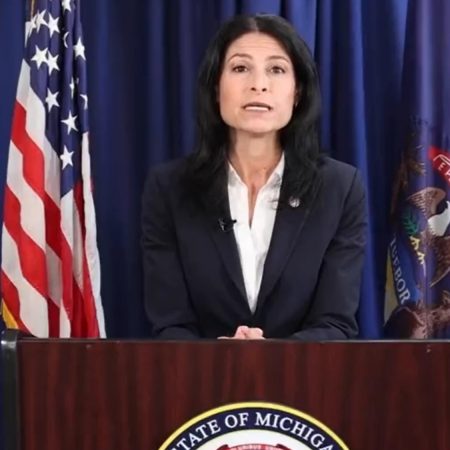MichMash: Former Lt. Gov. Brian Calley talks insurance crisis; House passes K-12 budget
As the July 1 deadline approaches, Michigan House Republicans have unveiled and passed a budget for K-12 schools. In this week’s episode of MichMash, host Cheyna Roth and Gongwer News Service’s Alethia Kasben discuss what’s inside the proposal and the next steps.
Plus, former Lieutenant Governor of Michigan and President and CEO of the Small Business Association of Michigan, Brian Calley, joins the show to talk about the state of small businesses in Michigan and the insurance cost crisis.
Subscribe to MichMash on Apple Podcasts, Spotify, NPR.org or wherever you get your podcasts.
In this episode:
- How are insurance costs affecting small businesses?
- What’s in the K-12 budget that Michigan House Republicans just passed?
- What direction is the Michigan Small Business Association leaning during this major election year?
Calley said the cost of healthcare has been taking a major toll on small business owners.
“Four out of five of business owners tell us it’s getting in the way of expanding the business. Three out of four said it’s an impediment to hiring,” he said. “As you look at the overall economic performance of the state, there are subtle changes that could be damaging over time”.
He said the increased cost is coming from health systems and pharmaceuticals.
Hear the full episode on all major podcast platforms.
Support the podcasts you love.
One-of-a-kind podcasts from WDET bring you engaging conversations, news you need to know and stories you love to hear. Keep the conversations coming. Please make a gift today.
The post MichMash: Former Lt. Gov. Brian Calley talks insurance crisis; House passes K-12 budget appeared first on WDET 101.9 FM.











